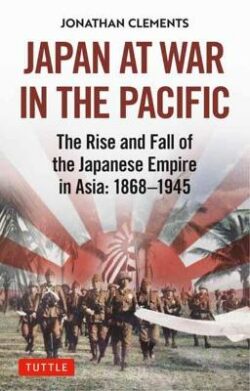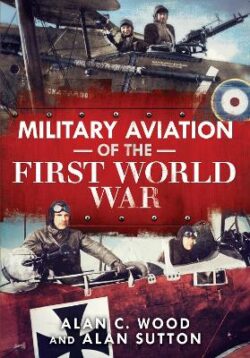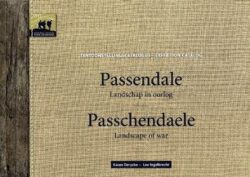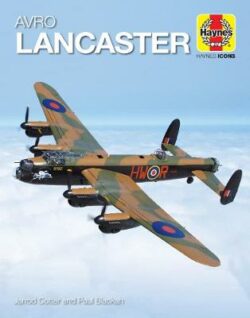Kings Coat
$120.00
Out of stock
Alert me when product is restocked
Description
Until the introduction of camouflage uniforms, “The King’s Coat” dominated the appearance of Western armies. Originally designed for economic reasons, uniforms in the Baroque era served to erase a soldier’s individuality in favour of a regimental esprit de corps. Uniforms distinguished soldiers from civilians, and served ceremonial functions at court by representing the absolute power of princes. However, pre-modern manufacturing practices from the limited capacities to dye fabrics uniformly to the individual workmanship of different tailors undermined this ideal of a uniform military appearance just as swiftly as the demands of a campaign, in which uniforms wore out and had to be supplemented by a variety of different garments.
This book attempts to explore the history of the military uniform from its origins to the present day. The thematic approach comprises various aspects of military costume, examining materials, function, limits as well as the deliberate modification of uniformity. Topics also include the symbolic character of the uniform, its own assertive potential, and the influence of contemporary fashion. It is a cultural history of military costume which seeks to go beyond the boundaries of fashion alone.
Additional information
| ISBN | 9783963600609 |
|---|---|
| Dimensions | 210 x 297 mm |
| Book Type | Hardback |
| Author | Alexander Querengasser |
| Author Bio | |
| Number of Pages | 200 |




